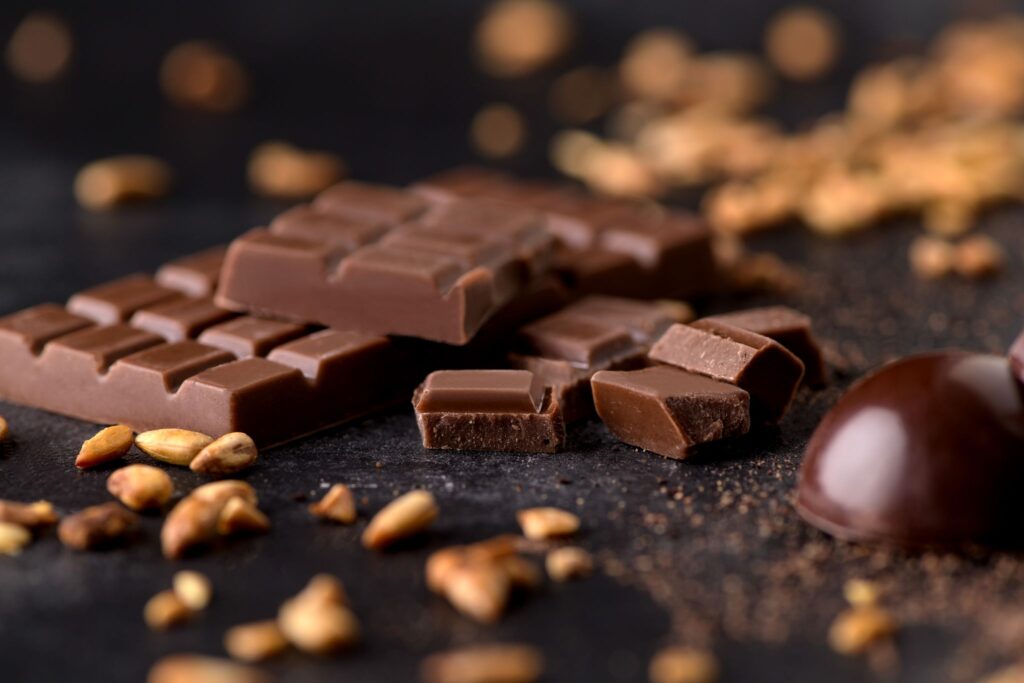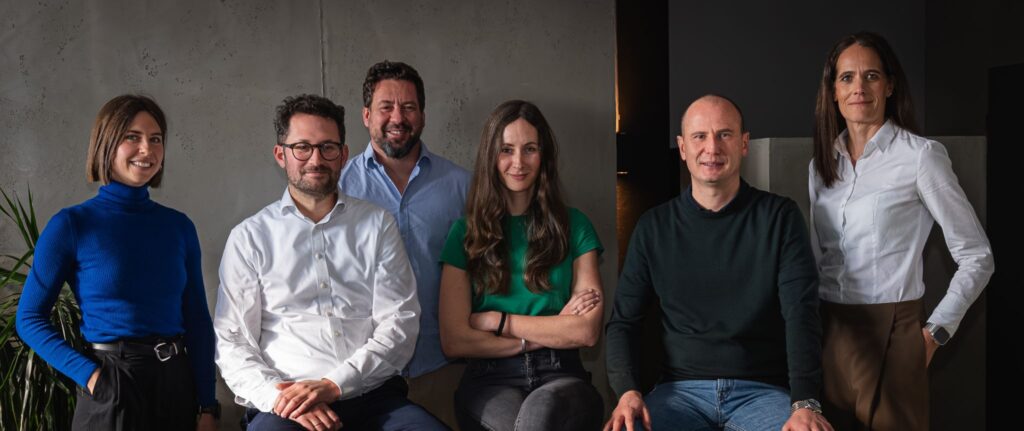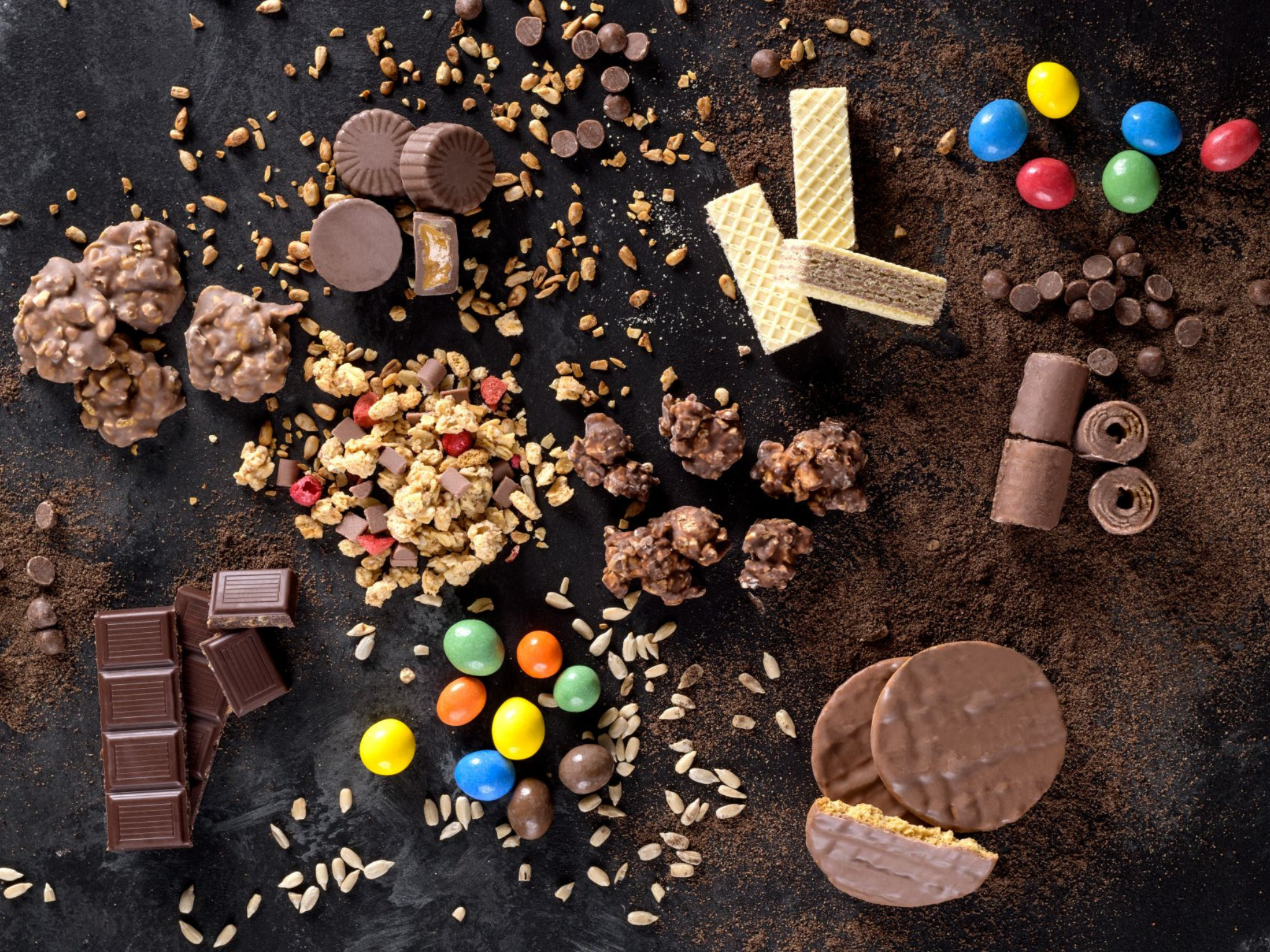5 Mins Read
German food tech player Planet A Foods, which makes cocoa-free chocolate, has raised $30M in a Series B funding round to expand across Europe, the US and Asia.
To take its cocoa-free chocolate business to the next level, Planet A Foods has closed a $30M Series B investment, the largest sum secured by a European alt-chocolate innovator.
The funds will be used to create new products, scale up manufacturing capacity by over sevenfold, and expand distribution for its ChoViva brand across the globe.
The round – which takes Planet A Foods’s total funding pot to $53.4M – was co-led by Burda Principal Investments and Zintinus, with additional participation from AgriFoodTech Venture Alliance, Bayern Kapital, Cherry Ventures, Omnes Capital, Tengelmann Ventures, and World Fund.
“This Series B round marks a major milestone for us. With 30 million dollars in fresh funding and an industry-leading product, Planet A Foods is no longer just a startup – we’re now on the way to becoming a leading food tech player reshaping the sustainable food industry,” Maximilian Marquart, CEO and co-founder of Planet A Foods.
“Our mission remains unchanged: to provide sustainable food ingredients that are decoupled from price volatile and limited resources such as cocoa,” he added. “This funding will enable us to further expand into new markets, ramp up production, and deliver at scale to global confectionery giants.”
Daria Saharova, founding partner at World Fund, added: “Building world-class food tech is critical for the future of our planet. We urgently need to stop overfarming threatened natural resources like cocoa, yet scaling sustainable alternatives has proven difficult for most. Planet A Foods is an exception.
“They raised one of the largest rounds in food tech this year despite a wider downturn in investment in the sector, and have delivered non-stop growth – feats that are testament to this peerless founding team.”
Why Planet A Foods is shaking up the chocolate world

Formerly known as QOA/NoCoa, Planet A Foods has been making cocoa-free chocolate since 2021, combining a base of oats, sunflower seeds and shea butter with a proprietary fermentation process to produce cocoa mass and cocoa butter. The resulting products can be used as 1:1 replacements of conventional chocolate, or in hybrid formulations.
They’re important because chocolate is a problematic industry for the planet. Dark chocolate, for example, is second only to beef in terms of production emissions, and it takes 1,700 litres of water to make just a 100g bar of chocolate.
The industry is also linked to mass deforestation, thanks to the widespread use of palm oil (which is part of products using ChoViva as well). It’s why in June 2023, the EU enacted legislation that would see cocoa and chocolate linked to deforestation banned in the bloc (although this has been pushed back by a year). In the US, the Biden administration was sued last year to block imports of cocoa harvested by children in West Africa.
At the same time, the climate change cocoa has contributed to is itself destroying this industry. Crop failures in West Africa – the major producer of global cocoa – have pushed prices to all-time highs this year. And scientists have warned that cocoa trees are threatened, and a third of them could die out by 2050, leading to a global chocolate shortage.
Planet A Foods’s ChoViva, on the other hand, produces up to 90% fewer emissions than traditional chocolate, with its lifetime carbon footprint estimated at 0.86 to 1.8 kg of CO2 per kg of product, according to an independent life-cycle assessment.
In fact, if only 5% of the global chocolate consumption (about 10 million tonnes, according to Planet A Foods) would be substituted for ChoViva, it could save the equivalent of 1.5 to 1.9 million cars being driven per year.
Planet A Foods eyes global expansion

ChoViva is already present in over 20 products in Germany, Austria and Switzerland since entering the market 12 months ago, including with Lindt, Piasten, Lambertz, Griesson-de Beukelaer, Peter Kölln, Lufthansa, and Deutsche Bahn. It has also been part of private-label offerings from retailers such as Rewe (and its subsidiary Penny), Edeka, Lidl, and Aldi. Its newest product is a Dubai bar developed in collaboration with Seidl Confiserie.
These products are already available in 42,000 stores, but – armed with the new funding – Planet A Foods is now setting its sights elsewhere too. It has confirmed launches for the UK and France in Q1 2025, and is in discussions to expand to the US and Asia too.
To meet the demand for these markets, the money will be directed towards scaling production too, from the current capacity of 2,000 tonnes annually to over 15,000 tonnes. To do this, it will leverage its strategic partnerships, in addition to using its own facilities.
The company is additionally working on a specialty fats solution: a precision-fermented ChoViva Butter, which involves converting single-cell oils, agricultural sidestreams and local feedstocks like beet sugar into a fat resembling cocoa butter.
“ChoViva empowers producers to create 100% cocoa-free products, reducing reliance on vulnerable supply chains and making a tangible impact on the environment,” said co-founder and CTO Sara Marquart. “This Series B allows us to scale our impact and strengthen our position as the go-to partner for sustainable chocolate innovation.”
Other innovators working with cocoa-free chocolate include Italy’s Foreverland, UK-based Win-Win and Nukoko, and US startup Voyage Foods. But bar the latter, Planet A Foods is the most well-capitalised business in the sector.
Christian Neuss, partner at Zintinus, explained why: Planet A Foods combines scientific excellence with a clear focus on sustainability. Scaling innovations like ChoViva is a significant challenge, and we believe the right support is crucial to unlock [their] full potential.”



